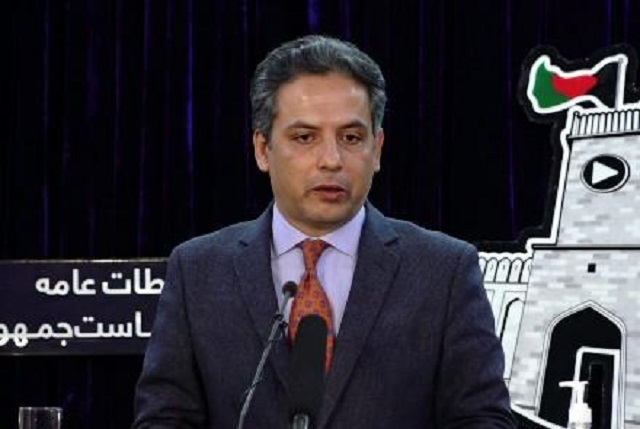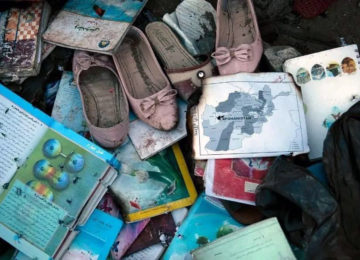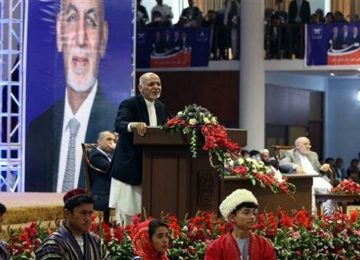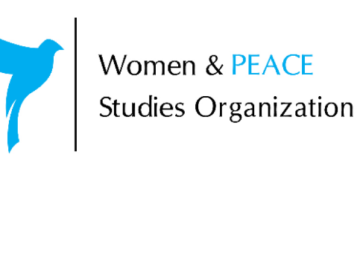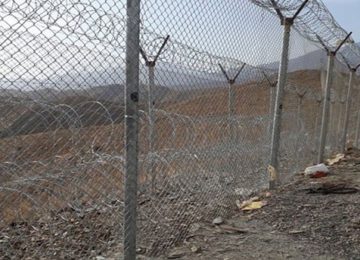February 1, 2021
President Ghani’s adviser on public and strategic affairs, Waheed Omer, said that the government is up for discussing any demand that the Taliban make at the negotiations table. The government has taken substantial steps for peace, but the Taliban has not fulfilled any of its promises.
President Ashraf Ghani has denounced the possibility of an interim government and has stressed that the election is the only way to the transfer of power. On January 31st, his adviser said that the Afghan government has maintained a flexible stance toward peace so far, in order to stop the Taliban from “killing Afghans” and that the Afghan government is ready to share their demands at the negotiations.
“On behalf of the government, we announce that the Afghan people and the world demand ceasefire. We are ready for ceasefire if the Taliban declares its willingness for ceasefire, so that the bloodshed of Afghans comes to an end,” Omer said. “After that, we are ready to sit with the Taliban at the negotiations table to discuss any matter, to convince and to be convinced.”
Rasul Talib, a member of the Afghan negotiating team added that “No country or source has officially raised the issue of an interim government. It is not considered under the current circumstances”.
Some former government officials held the view that President Ghani has not achieved success in building a prosperous republic.
“The system should be saved from failure even at the cost of individual and political sacrifices. We must find a central point.” said Rahmatullah Nabil, former head of the National Directorate of Security.
Abbas Stanekzai, the Taliban deputy negotiator, held a press conference in Moscow on Friday, January 29th saying that if President Ashraf Ghani resigns from his post, the Taliban will readily join the government. He further alleged President Ghani’s administration to be the “main” impediment in peace efforts, which President Ghani defied.
Moreover, President Ghani rejected the idea of establishing an interim government in the country, owing to lessons from the past experience, mentioning that he has undertook an oath to advocate the Constitution of the nation.
“We must approve the date of the election so that we have the complete and legitimate transfer of power. We have had interim governments leading to bloodshed. Kabul was destroyed in 1992 by an interim government. A prime minister was bombarding his president and the president had to fight back against the prime minister. The prime minister, Mr. Hekmatyar, never came to Kabul,” Ghani said.
Taliban sources have pointed that the Taliban rejected an early election for the transfer of power to an interim government. “The Taliban doesn’t plan to collaborate with the incumbent government,” said Faiz Mohammad Zaland, a university lecturer.
The second round of the peace talks initiated three weeks ago but the Taliban has put forward new demands like the release of 7,000 prisoners and the removal of their names from backlists in order to move the negotiations forward. With all these issues in place, a smooth transfer of power and achievement of enduring peace is not possible.
© Center for Research and Security Studies (CRSS) and Afghan Studies Center (ASC), Islamabad.



